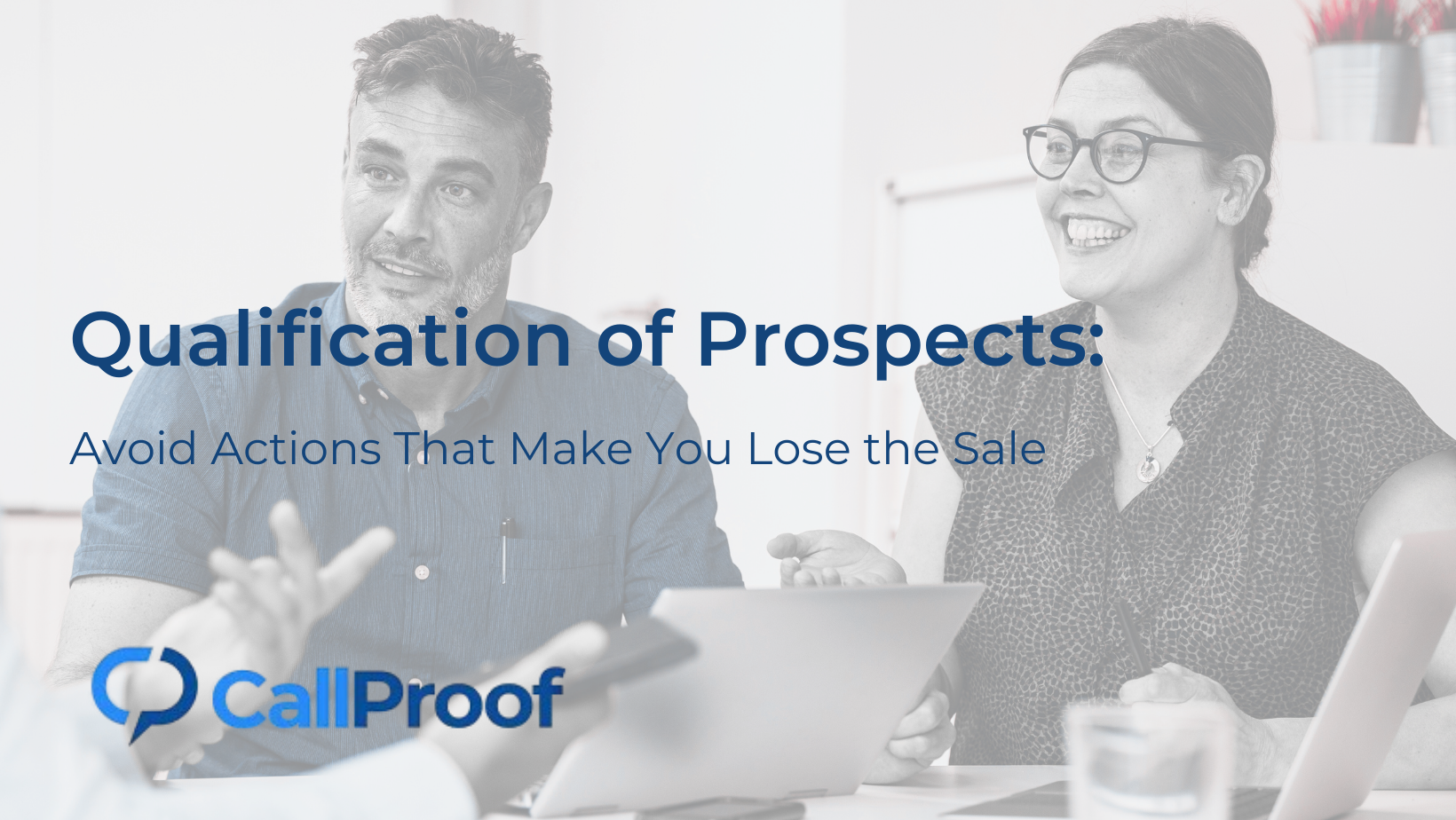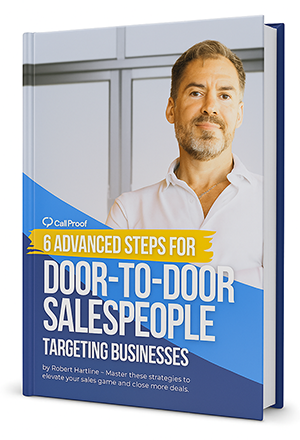When it comes to sales, one of the most important steps is the qualification of prospects. If you skip this step or rush through it, you are much more likely to lose the sale. That’s because talking to the wrong people or missing key details early on leads to wasted time and missed opportunities.
Why Qualification Matters
Key Questions to Ask
To qualify a prospect, start by learning about their needs, budget, and decision-making process. For example, ask about their timeline for purchase and who will approve the decision. These answers help you know if they are ready to move forward—or if more nurturing is needed. When you fail to uncover this information, you risk spending effort on the wrong path and might lose the sale in the end.
Using Tools for Better Qualification
In addition, using a CRM can make the process easier. You can track conversations, set reminders, and see a full history of interactions. This connected approach means fewer mistakes and less chance to lose the sale.


